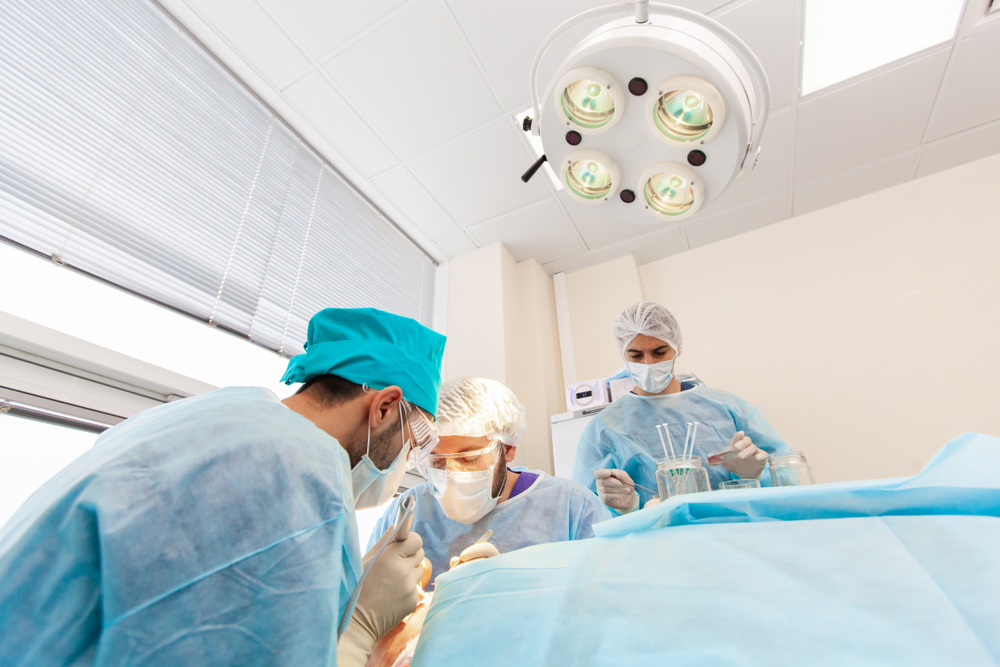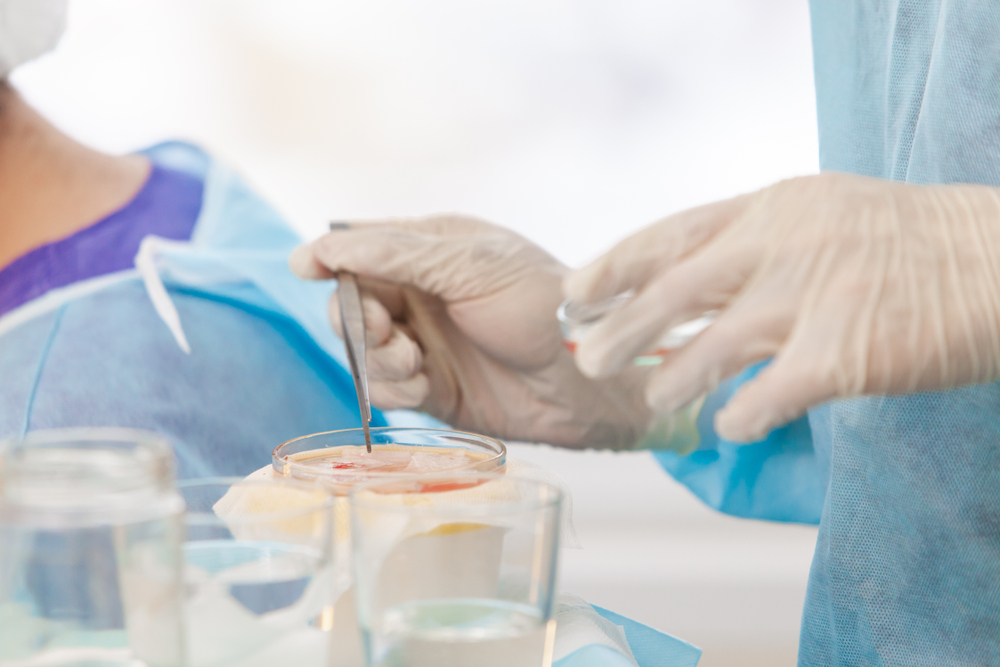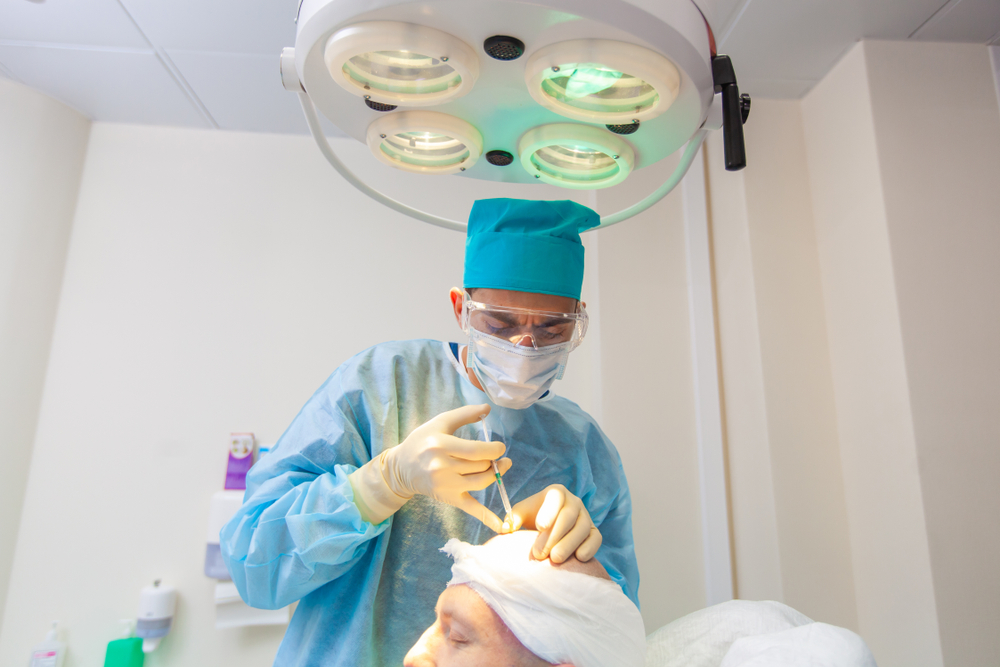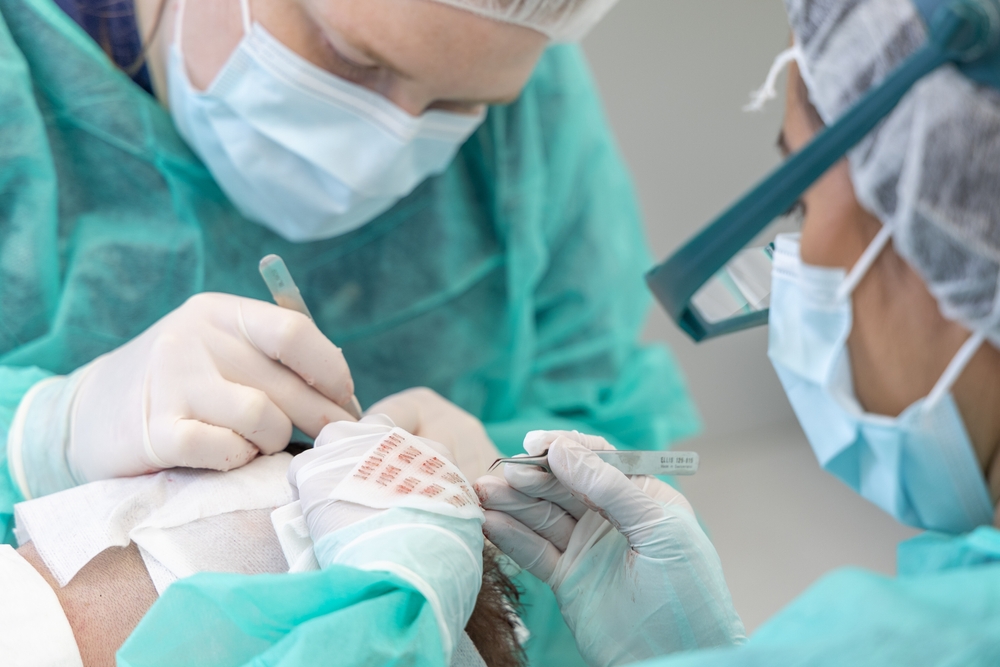Yes, like any medical procedure, there can be potential risks and complications associated with a hair transplant. It’s important to be aware of these before undergoing the procedure.
Some possible issues that can arise include:
- Infection – Infections at the transplant site can occur, but they are relatively rare and can usually be treated with antibiotics.
- Bleeding – Some bleeding may occur during or after the procedure, but it is typically minimal and can be controlled.
- Scarring – Hair transplant procedures can result in tiny scars where the hair follicles are extracted (typically from the back of the scalp). While efforts are made to minimize scarring, there may still be some visible marks, especially if the patient’s healing process is not optimal.
- Swelling – Swelling of the scalp and forehead can occur in the days following the procedure but usually subsides within a week.
- Pain and discomfort – Some patients may experience mild pain, discomfort, or tightness in the donor and recipient areas for a few days after the transplant, but this can usually be managed with pain medication.
- Numbness or tingling – Temporary numbness or tingling at the transplant site is not uncommon and typically resolves over time.
- Unnatural-looking results – There is a risk that the final result may not meet the patient’s expectations, with the transplanted hair appearing too thin, too dense, or unevenly distributed.
- Shock loss – After a hair transplant, some of the existing hair in the recipient area may go into a temporary “shock loss” phase and fall out. This is usually temporary, and new hair should start growing in its place.
- Allergic reactions – While rare, some individuals may experience allergic reactions to medications or solutions used during the procedure.
- Poor graft survival – Not all transplanted hair follicles may survive and grow. This can lead to a less desirable outcome.
- Postoperative care – Follow postoperative care instructions carefully to ensure the best possible results. Failure to do so can increase the risk of complications.
Have a thorough consultation with a qualified and experienced surgeon before undergoing a hair transplant. They will assess your individual situation, discuss the potential risks, and provide guidance on whether the procedure is suitable for you. Choose a reputable and accredited clinic to minimize the risks associated with the procedure.





